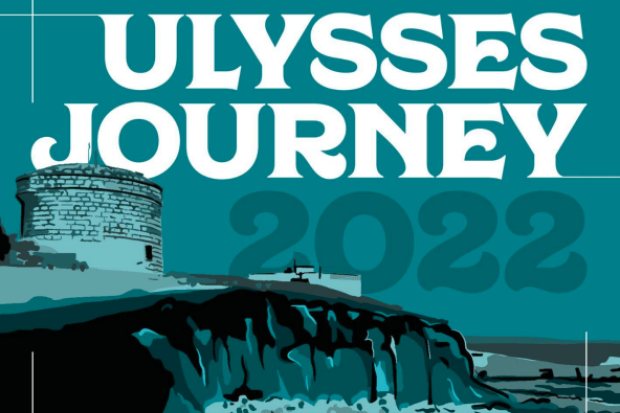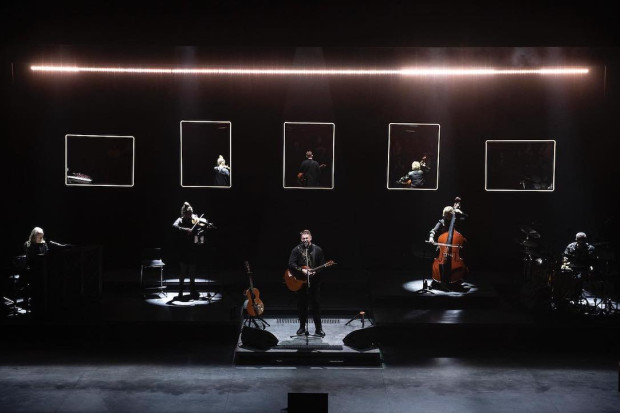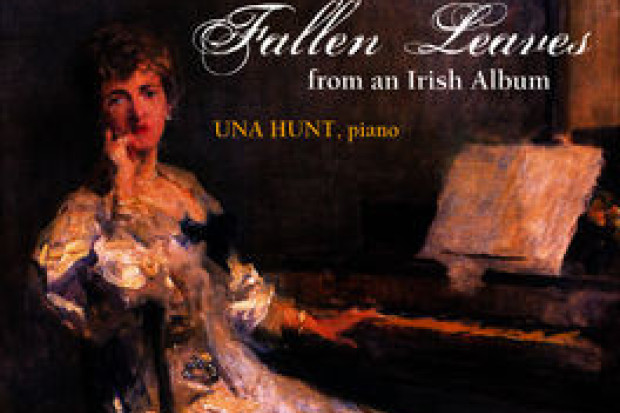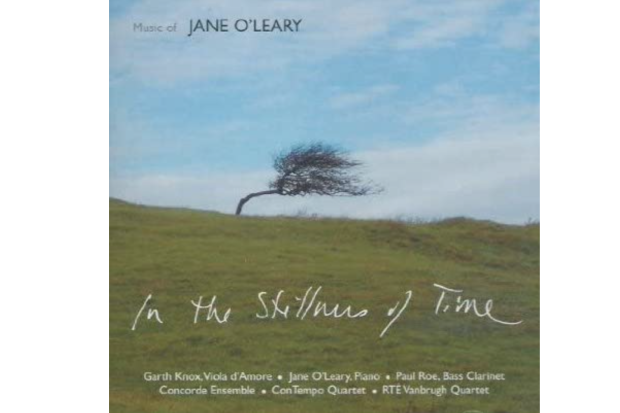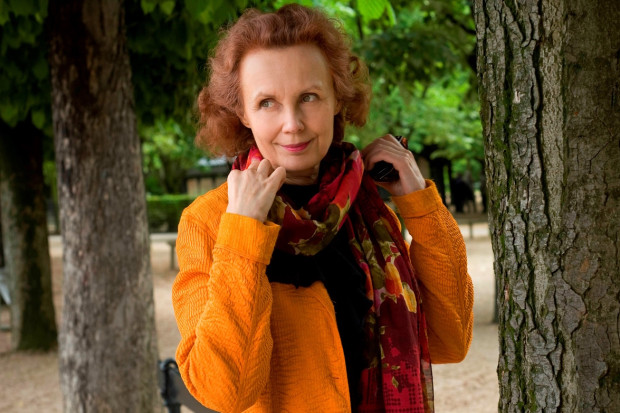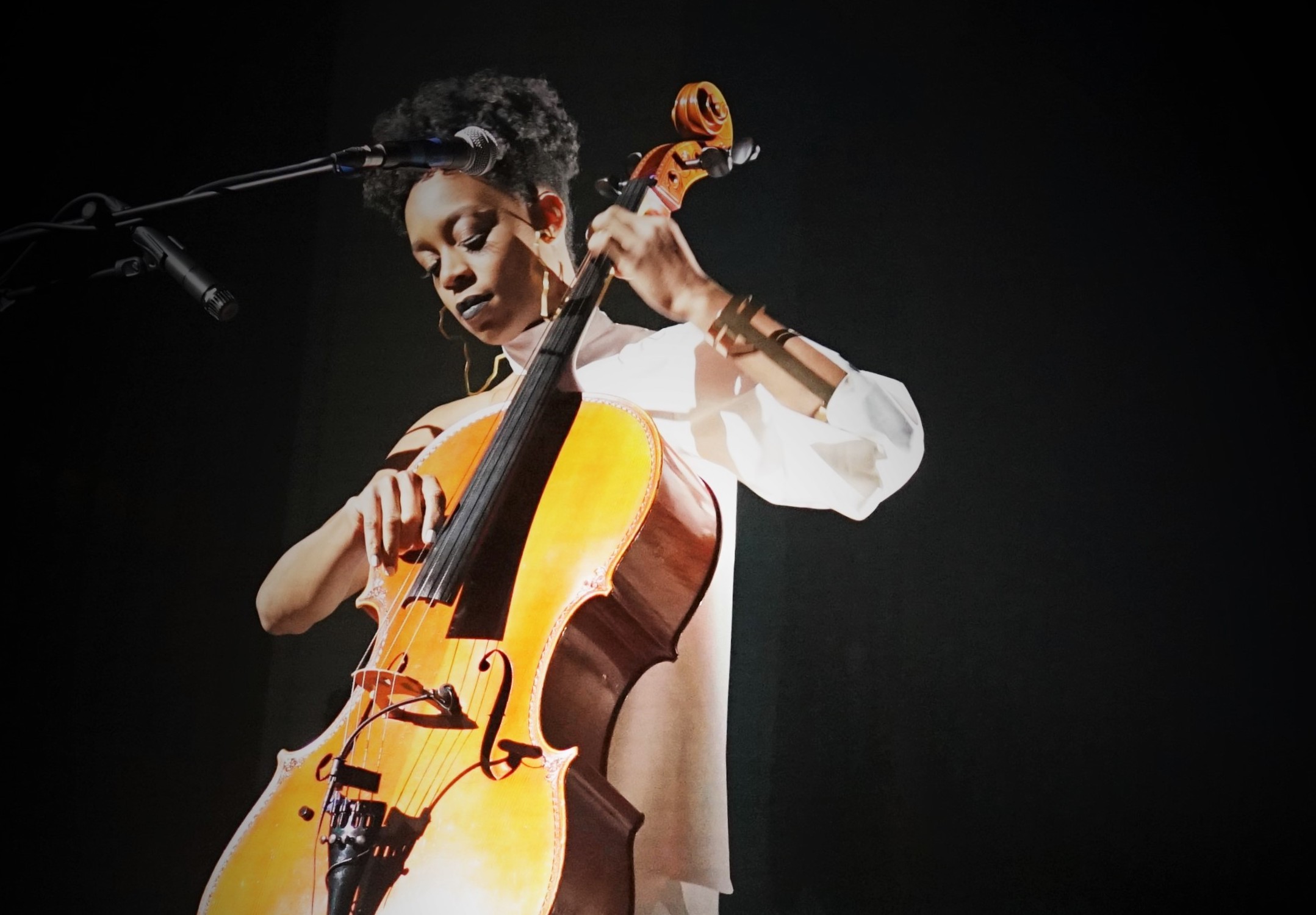
Ayanna Witter-Johnson performing at the Pepper Cannister last Saturday (Photo: Olesya Zdorovetska)
Different Words for Cello Worlds
There’s almost a sense of the coming of spring as festivals resume their positions. Take the Spike cello festival, founded in 2016, which had its fifth occurrence last weekend (11–13 February). The alternative festival, dedicated to exploring cello music from outside the main classical repertoire, featured performers in a variety of styles, with an emphasis on experimental contemporary music in a relaxed setting. The central performances were a pair of concerts in the Pepper Canister on Friday and Saturday night.
To an extent, the Saturday concert, which I attended, could be better thought of as three short recitals in one. First, Adrian Mantu, cellist for ConTempo and an inevitable sight at any cello festival in Ireland, performed his new video production, Cello Vision. Then, composer Anselm McDonnell joined cellist Martin Johnson on stage for his work, Three Words for Light. (This was a world premiere, excepting a live-streamed performance in winter; perhaps the world in Covid needs a term for this. The live premiere?) Lastly, the English composer and singer-songwriter Ayanna Witter-Johnson performed a sequence of songs to her own accompaniment on cello.
Mantu’s Cello Vision was, as are so many things these days, formed in lockdown, the cellist playing away with pre-recorded versions of himself, building out the full sound of a cello ensemble. It was a tour of traditional – or traditional-inspired – works from around the world: Romania to Ireland (Jane O’Leary’s Distant Voices), to Spain, Israel, and back to Romania.
There is no doubting Mantu’s strengths as a cellist. Whether in the bouncily accented Transylvanian dance or the crystalline textures of O’Leary’s piece, or the outpouring of grief in the Israeli lament, the performance was a match for the demands of the music.
Taking the production as a whole – as a video performance, rather than a cello recital – the flamenco worked best. Here, Mantu had collaborated with a Spanish street dancer. Her dance, recorded at a variety of locations in sunny Barcelona, created a beautiful asynchronicity with the performance in the darkened church. Elsewhere, the video, a row of Mantus playing behind him, with some visual effects, seemed surplus to the point of self-indulgence, an effect lessened but not entirely eliminated by his wry and self-deprecating commentary between pieces.
Words for light
Anselm McDonnell’s work was inspired by the book Thirty-Two Words for Field by Manchán Magan, which explores lost words and expressions in Irish. The three movements, as the title suggests, draw on terms for light; specifically ‘Tine Shonnaigh’ (‘Fox’s Fire’, a term for will-o’-wisps), ‘Saighead Ghealáin’ (‘Bright Arrow’ – a bolt of lightning), and ‘Bánú an Lae’ (‘The Whitening of the Day’), with the idea of a journey from night to dawn.
The first two movements showed the composer’s guitarist roots, with the live electronics in the first acting as a kind of loop pedal, creating a shimmering background wash under the melody, and the second using heavy distortion highly reminiscent (by the composer’s acknowledgement) of Jimi Hendrix. The third movement makes the least (or maybe the subtlest) use of the electronics, its angular melody and firm pulse putting it somewhere between a John Cage sonata and a Bach cello gigue, with very satisfying low B-flat stomps on the detuned C string.
Prior to this performance, I’d only known Ayanna Witter-Johnson from her excellent 2019 album Road Runner. Live, and alone without studio mixing and supporting instruments, her songs were more immediate and direct, whether a love song setting words of Shakespeare, or her cover version of ‘Roxanne’, or a song for her mother.
Between songs, she chatted with the audience, seeming a little disappointed at the lack of back-and-forth from the rather reserved Dublin attendees. Still, she managed to get us interacting in the end, taking part in a Jamaican song, ‘Hill and Gully’, and with Mantu being the only audience member brave enough to ask a direct question. (Does she begin with cello or voice? Voice, usually, letting the music flow from the lyrics.)
There’s a lot of work in letting the cello feel as relaxed as Witter-Johnson does. Skilful technical touches, like her gently bouncing bow and her gliding pizzicati, along with lilting harmony, with lots of mellow flattened chords, combine with her high, clear, soul- and jazz-inspired vocal style. It’s a very effective pairing. Her music wouldn’t work as well any other way; the high, rapidly ornamented vocals counterbalancing the low, laid-back cello.
Cello journeys
As a collection of short recitals, there wasn’t a lot to link the three performances conceptually, but there was a sense of journey in each. Mantu’s, as he acknowledged, was a physical one, a tour of traditions and styles. McDonnell’s was temporal, from gloomy night to brightening dawn. Witter-Johnson’s journey was both more casual, an amble around her own music catalogue, and more intimate, using songs she’d written in response to break-ups, those she’d heard growing up, political songs and folk songs.
But if anything, this Pepper Canister performance showed the breadth of styles available to the cello from outside the standard repertoire, and highlighted what the Spike festival sets out to do. It is an intimate and powerful instrument, as malleable and personal as the guitar, and capable of a breathtakingly diverse range of voices and styles.
Visit www.spikecellofest.com.
Published on 17 February 2022
Brendan Finan is a teacher and writer. Visit www.brendanfinan.net.













